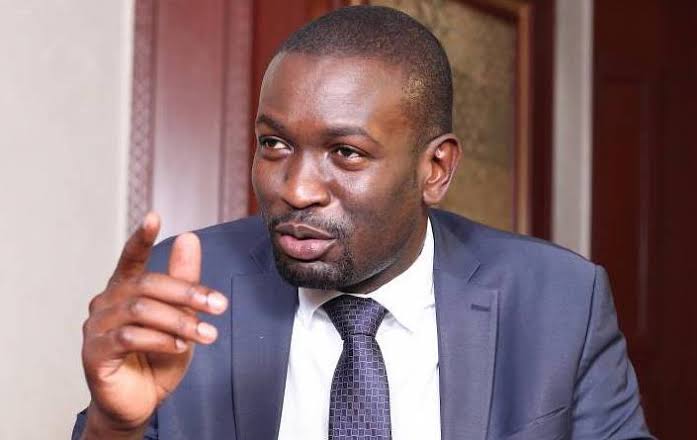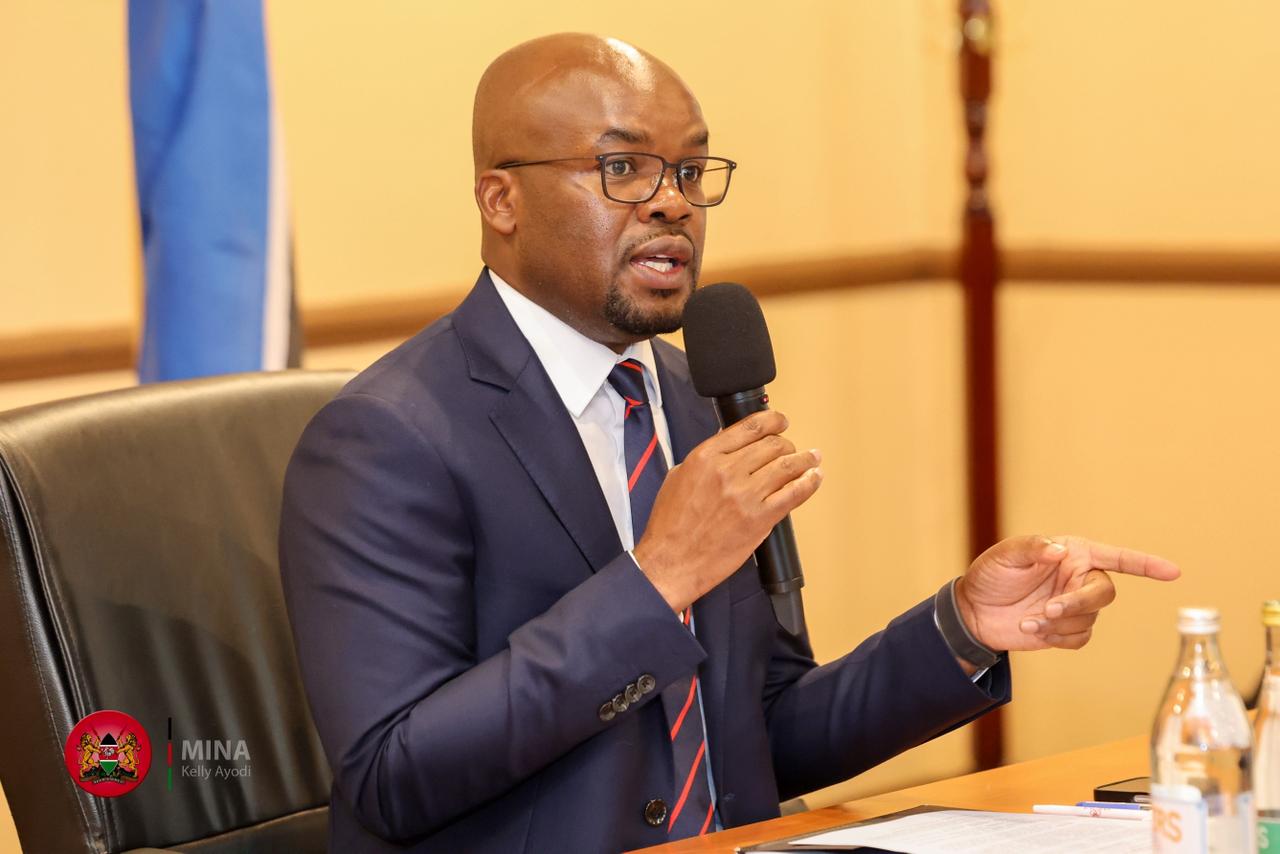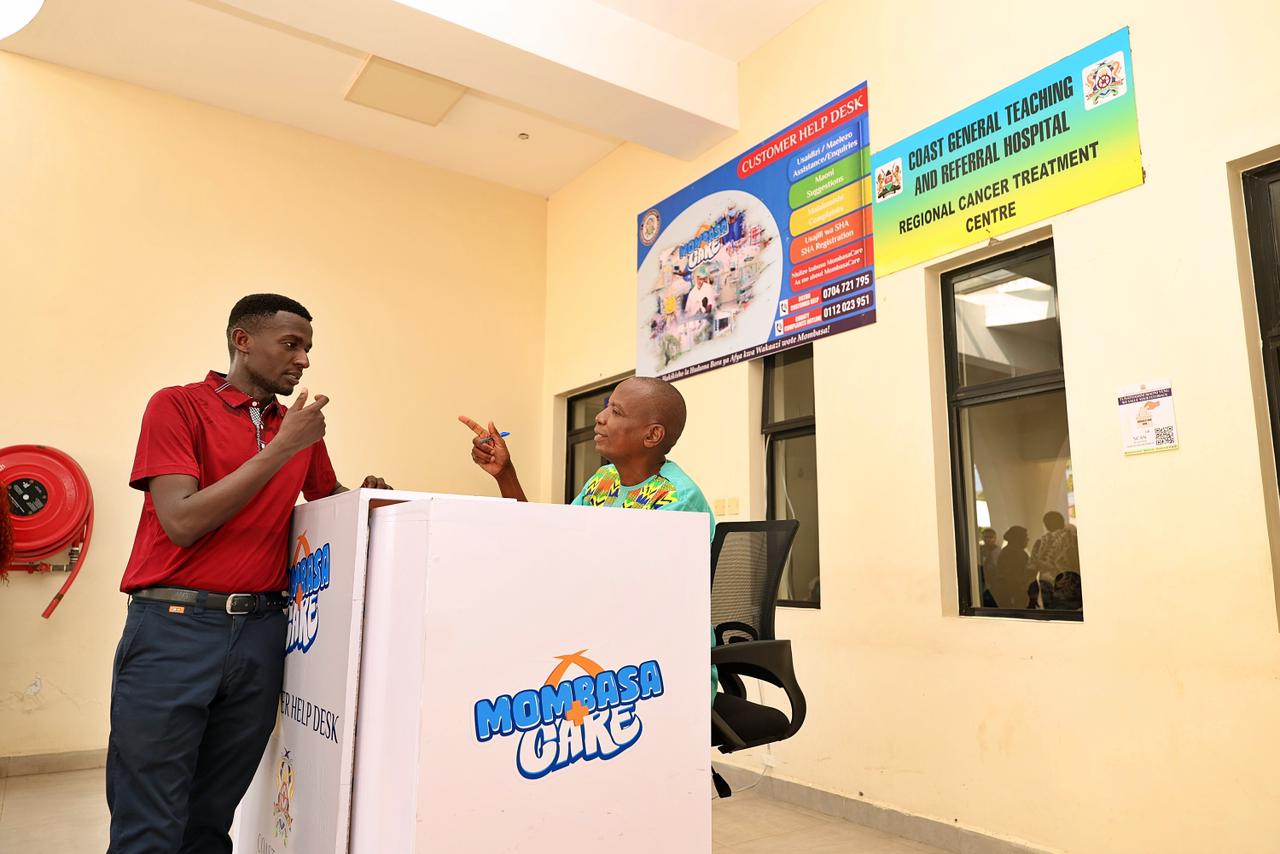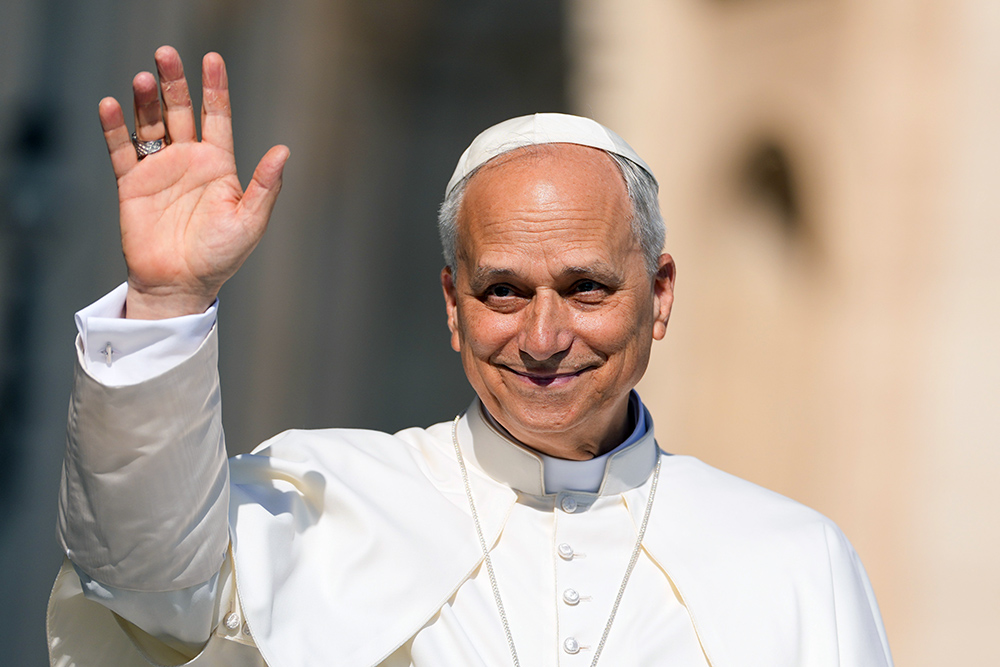The Cabinet Secretary for Public Service, Human Capital Development and Special Programmes, Geoffrey Ruku, has challenged the Kenya Red Cross Society to seek accreditation from the Green Climate Fund (GCF) to enhance its capacity in building climate-resilient communities through emergency health and disaster response systems.
“As an MP, when I proposed to the Kenya Red Cross to pursue GCF accreditation, I didn’t receive a favorable response, perhaps the issue wasn’t well understood,” said the CS. “I now wish to repeat, as the Minister for Special Programmes, that it is important for the Society to secure this accreditation.”
The CS emphasized that the Green Climate Fund, as the world’s largest climate finance mechanism, plays a critical role in accelerating transformative climate action in developing countries. He noted that the GCF operates through a country-owned, partnership-driven approach and leverages flexible financing and climate investment expertise to support long-term resilience.
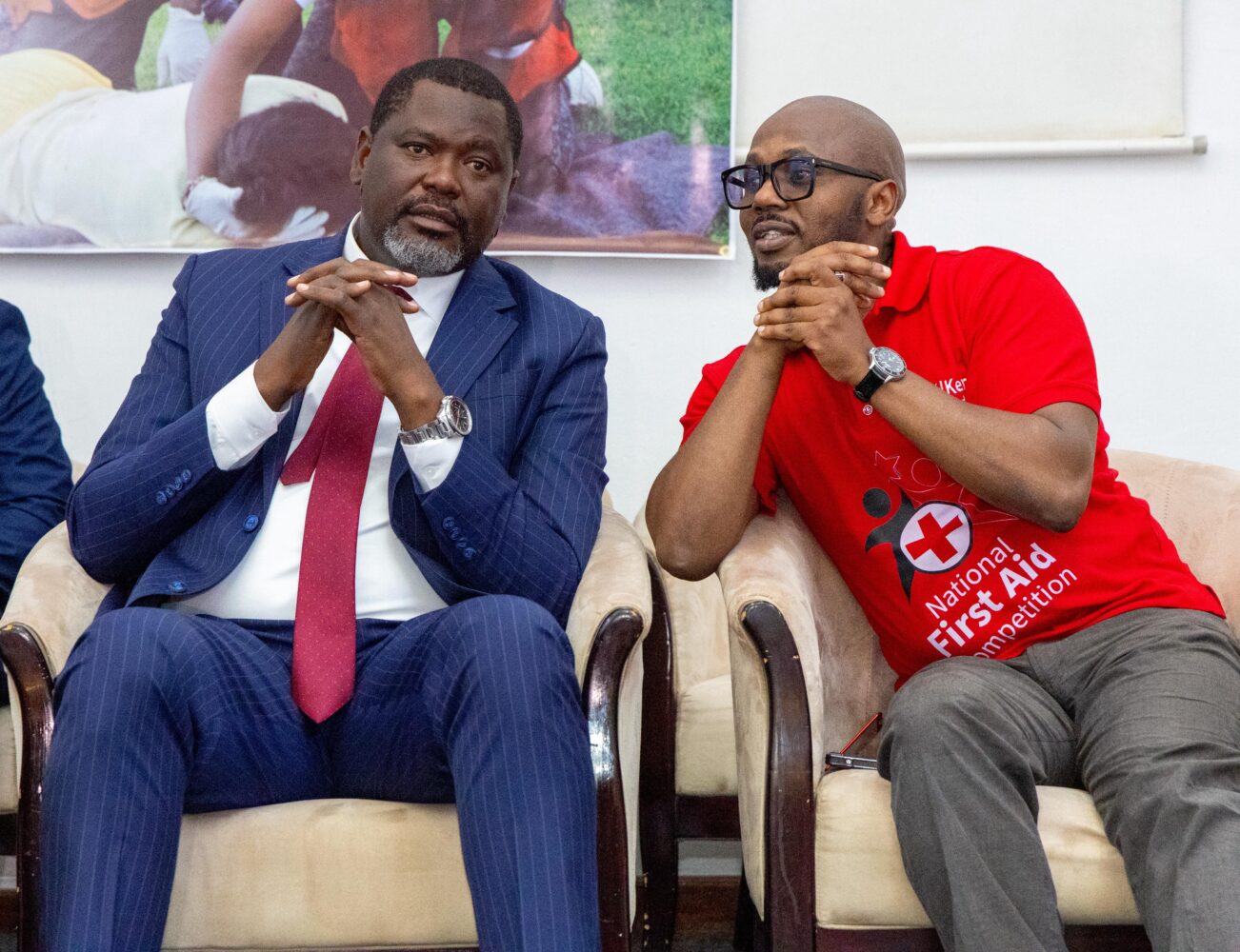
CS Ruku was speaking during the celebration of World First Aid Day 2025 at the National First Aid Competition held in Nairobi. This year’s theme, “First Aid and Climate Change,” highlighted the pressing need for climate-responsive emergency health systems amid a rise in climate-related disasters such as floods, droughts, and landslides across Kenya.
The Cabinet Secretary called on the Kenya Red Cross and other humanitarian partners to develop a coordinated, cost-effective framework for first aid and disaster preparedness that avoids duplication of roles and maximizes efficiency.
“Kenya Red Cross and other partners must come up with a proper working framework that reduces costs and improves efficiency. We must align our resources and strategies to better serve vulnerable communities affected by climate-related disasters,” he said.
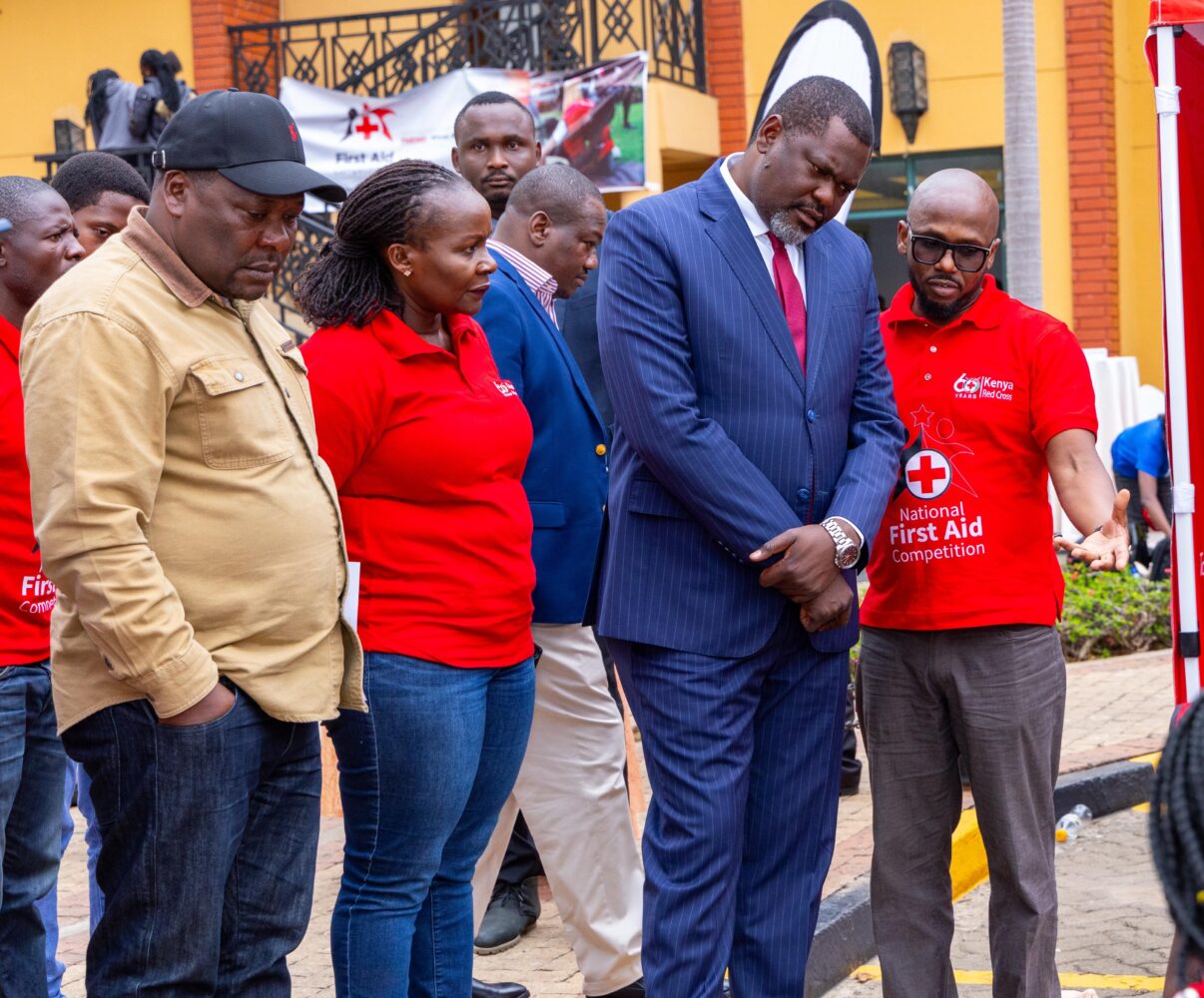
To enhance coordination, the CS announced that the State Department for Special Programmes would convene a multi-agency meeting to align national preparedness and disaster response efforts, in accordance with Executive Order No. 1 of 2025.
“The Executive Order prioritizes disaster preparedness and response under the State Department for Special Programmes. We are fully committed to implementing it and improving coordination across all actors involved in humanitarian response,” said Ruku.
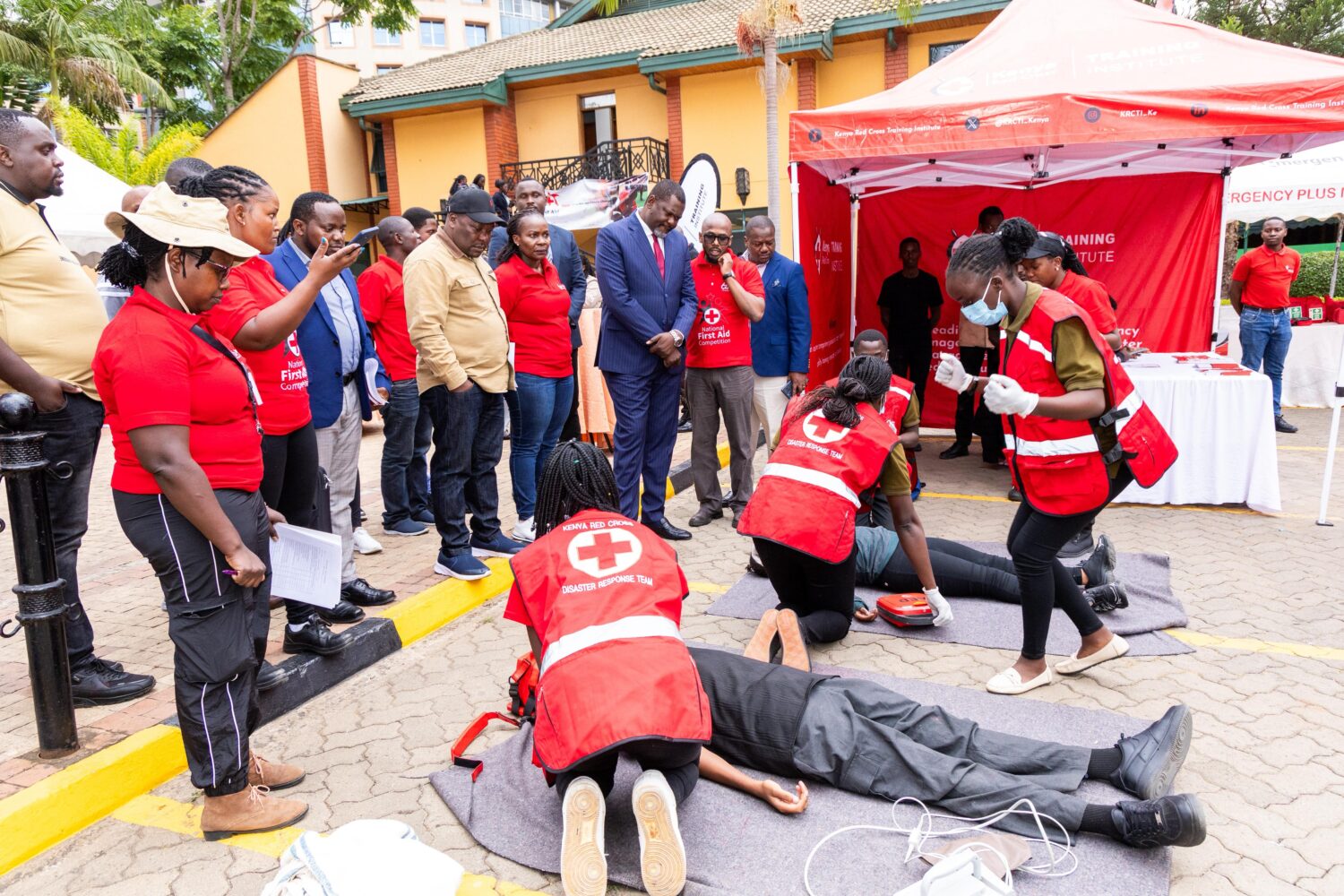
He further encouraged the Kenya Red Cross to partner with the newly launched Global Center for Adaptation (GCA), headquartered at the Kenya School of Government (KSG). The GCA, currently under construction, will spearhead research, innovation, and policy formulation on climate adaptation across public and private sectors.
“In this regard, I encourage the Society to work closely with the Global Center on Adaptation and the Government of Kenya across the 47 counties to reinforce climate change solutions and empower communities for citizen-driven innovations towards sustainable development,” Ruku stated.
The CS also urged the Kenya Red Cross to collaborate with the Kenya School of Government on Continuous Professional Development (CPD) programmes and with the National Youth Service (NYS) and the State Department for Special Programmes on joint training and disaster drills.
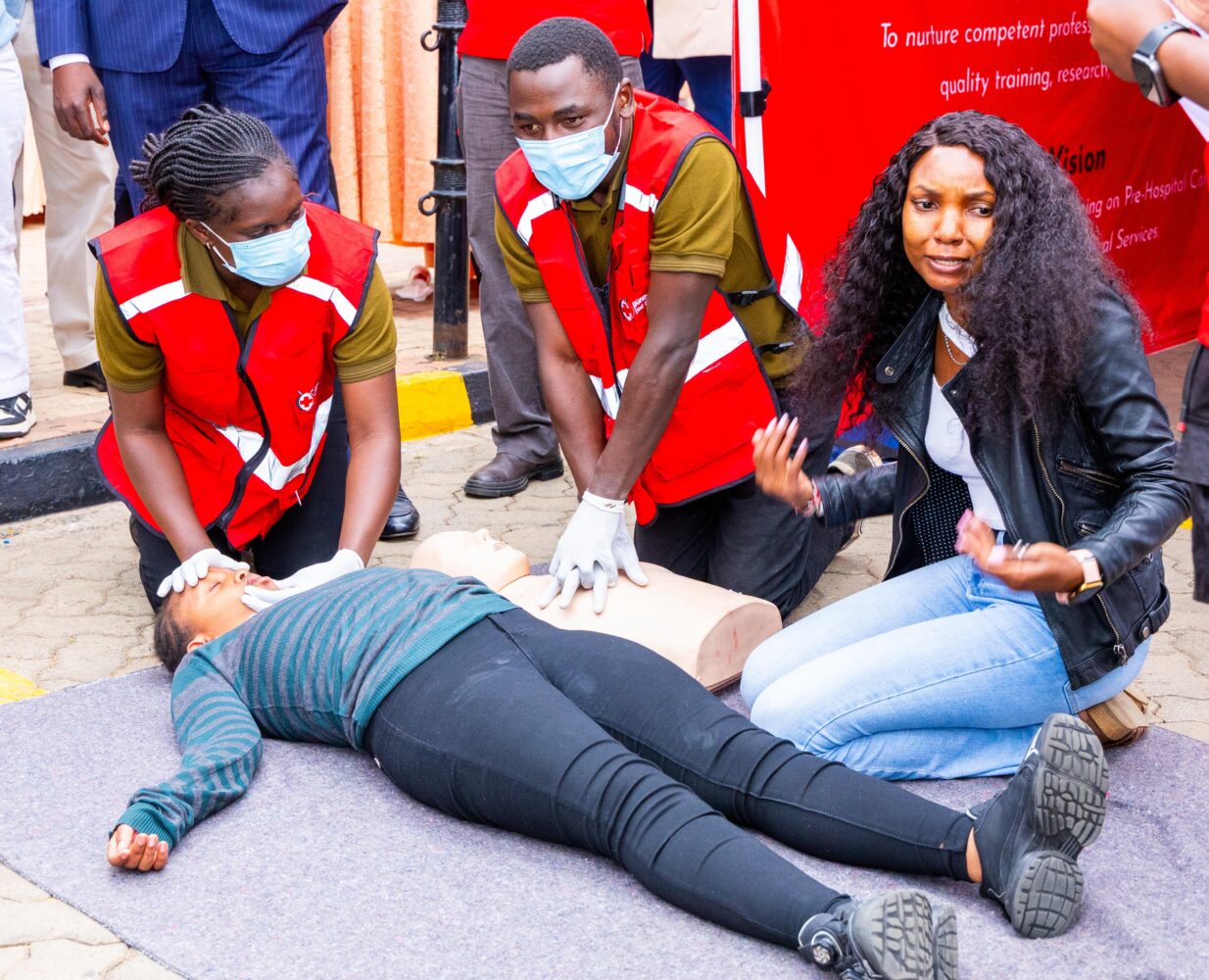
Later in the day, CS Ruku visited victims of the recent Mukuru Kwa Njenga fire tragedy, assuring affected families of President William Ruto and his Kenya Kwanza Admnistration’s full commitment to ensuring the safety and well-being of all Kenyans.
“The President is clear that every Kenyan deserves safety and swift support in times of crisis. As a Ministry, we are fully committed to ensuring rapid disaster response, in line with the government’s agenda,” he stated.
He also reaffirmed the Ministry’s active role in delivering relief across climate-affected regions such as Wajir, Garissa, Kisauni, and Murang’a, emphasizing the need to equip local communities with essential first aid skills to build resilience and reduce the human toll of disasters.
“The intersection of first aid and climate change shows us that this crisis is not just environmental, it is a public health crisis. We must prepare our communities not only with information but with the skills to act when disaster strikes,” Ruku concluded.
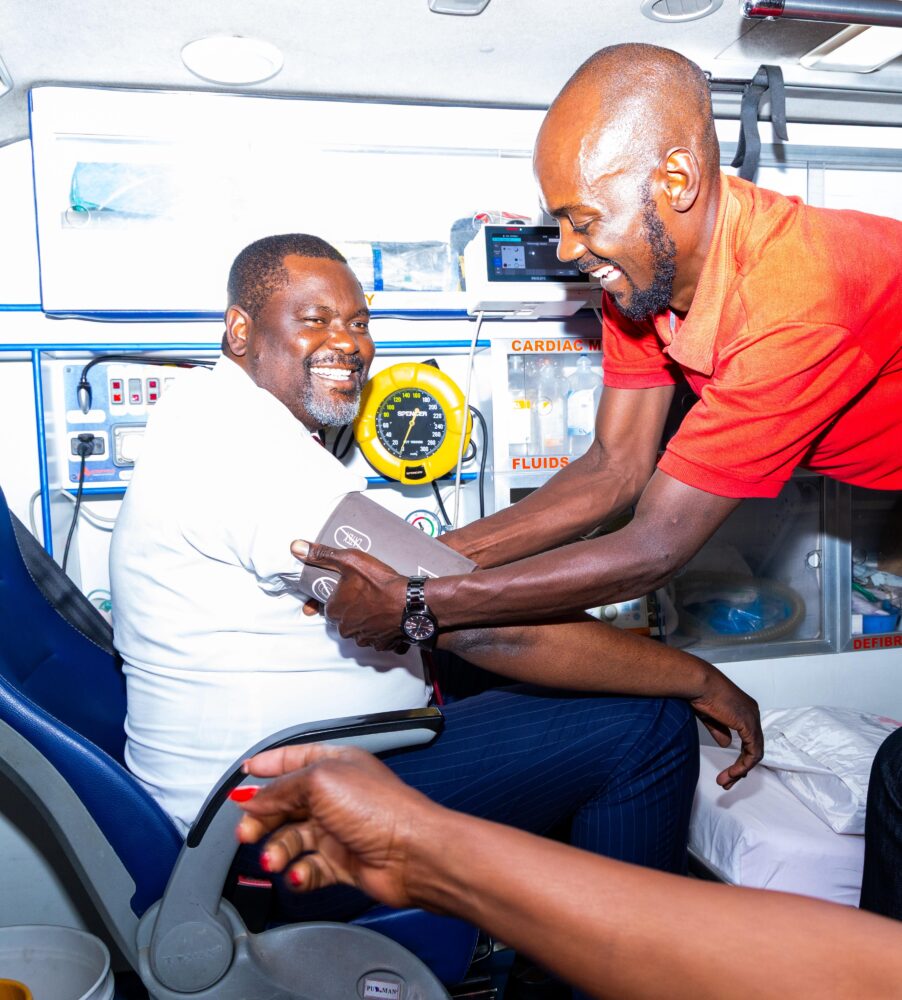
The Kenya Red Cross First Aid Competition served as a platform to test and enhance participants’ skills in emergency response, featuring realistic simulations in trauma management, CPR, and bleeding control. It demonstrated the critical role of preparedness and teamwork in saving lives during emergencies.




